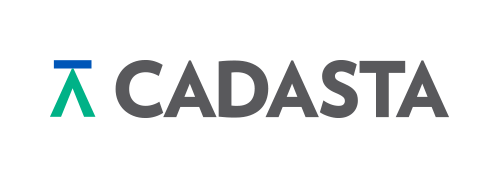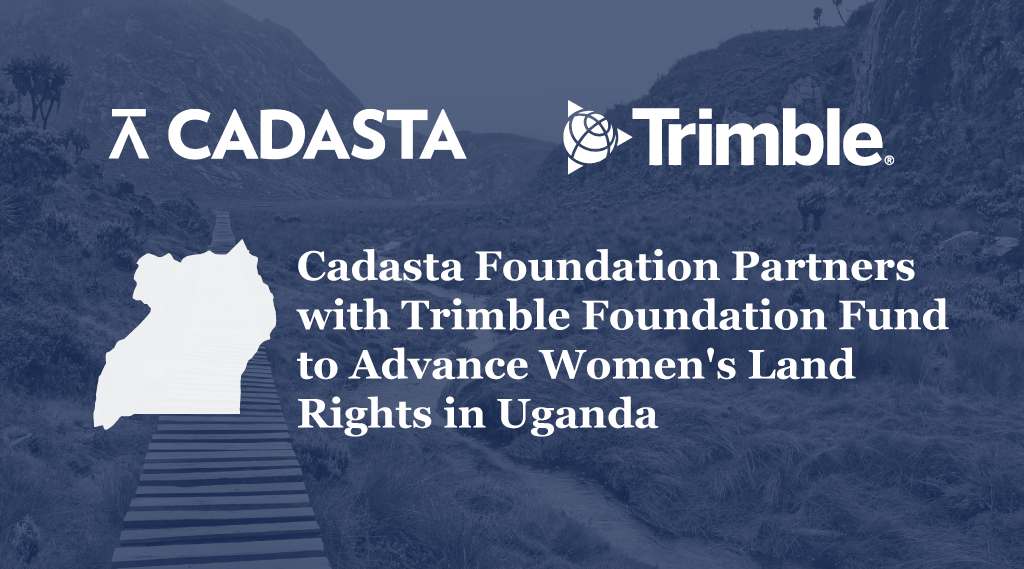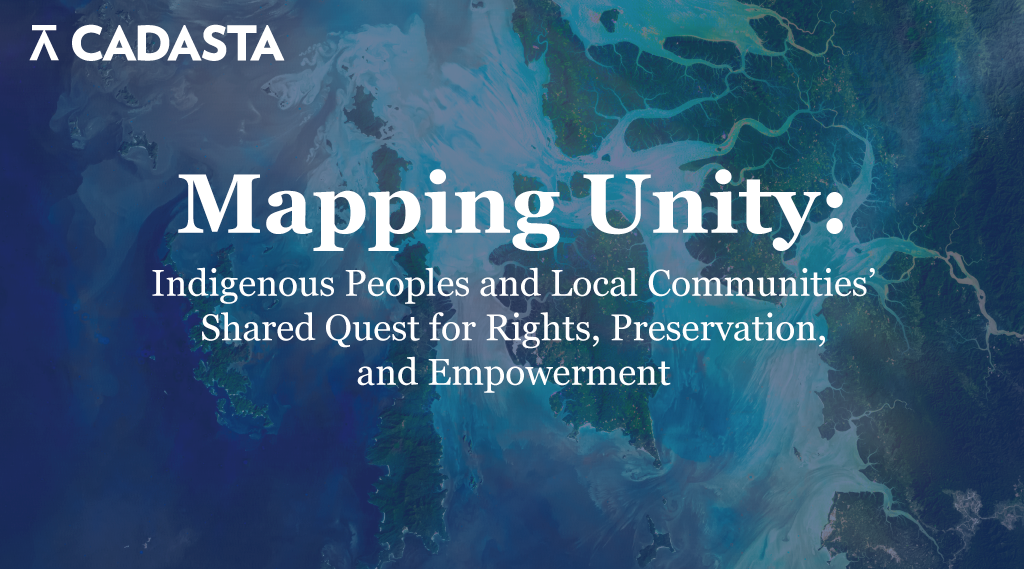Dozens of the world’s experts on land and open data participated in an on-line discussion aimed at raising awareness of the relationship between open data and land governance, exploring the the links between transparency and poverty alleviation and food security in September 2016.
The Cadasta Foundation and the LandPortal Foundation, which facilitated the discussion, have now released a summary which highlights the opinions, success stories, and challenges related to data and technology in land governance.
Participants, including civil society organizations, and international institutions, explored potential sources of data about land, the accuracy, completeness, gaps in that data, best practices on open data and land governance, and the role of open data in improving transparency, information exchange and empowerment of rural communities..
This discussion comes at a time when new technologies are sparking a revolution in the collection and storage of property rights information. The tools exist, from drones to hand-held GPS devices to simple on-line platforms, to allow communities to quickly, efficiently, and cheaply document their own rights to land.
At the same time, government sources on land data still remain inaccessible and out of date.
This is changing. Governments around the world are recognizing the foundational role clearly documented land rights play in fostering economic development. Officials from Rwanda to India are digitizing records and determining how and how much to open these records.
Their progress in documenting, strengthening, clarifying and opening land rights is being measured by a number of initiatives from the new PRIndex survey to the ambitious 2030 Agenda for Sustainable Development, which links government’s ability to reduce poverty and boost food security and women’s economic empowerment to secure rights to land for women and men.
Throughout the LandDebate, participants acknowledged that moving governments toward opening data and transparency in land governance will take time.
Many governments recognize the tremendous potential of open data in securing property rights and in enabling development.
When governments open their data on land use and concessions, conservationists can see what land is protected and what land is under threat; farmers and communities can determine if their land is under threat. Banks can see who owns land and more easily provide loans to farmers. And government agencies can see who owns land to ensure all farmers receive the support (such as subsidized seeds and fertilizer) that allows them to make the most of their land.
At the same time, they understand the sensitivity of land data and the risks associated with making it open, particularly for vulnerable communities. Releasing an owner’s name in a highly developed and relatively equitable country can help prevent corruption. But revealing the same data in a country with less formal land documentation or high rates of inequality can result in the dispossession or displacement of vulnerable communities.
However, these challenges are not a reason to dismiss open data and transparency in land governance. Resources, frameworks and alternate approaches are being developed that ensure responsible use of data while not inhibiting the desired outcomes of openness: accountability of all stakeholders within land governance as well as the land security for vulnerable populations that can accompany the documentation of these rights. The September discussion, captures some new thinking on this subject.
To find out more about open data and transparency in land governance as told by these diverse stakeholders, read the full report. Thanks again to the LandPortal Foundation and all that participated in the LandDebate for making this online discussion such a success.





